Thought Leaders Ivy Ross and Susan Magsamen to Discuss Breakthrough Findings on the Connection Between Art and Well-Being at Campbell Hall
The Authors of ‘Your Brain on Art’ Visit Santa Barbara to Discuss the Intersection of Neuroscience and Art as Part of the UCSB Reads Initiative
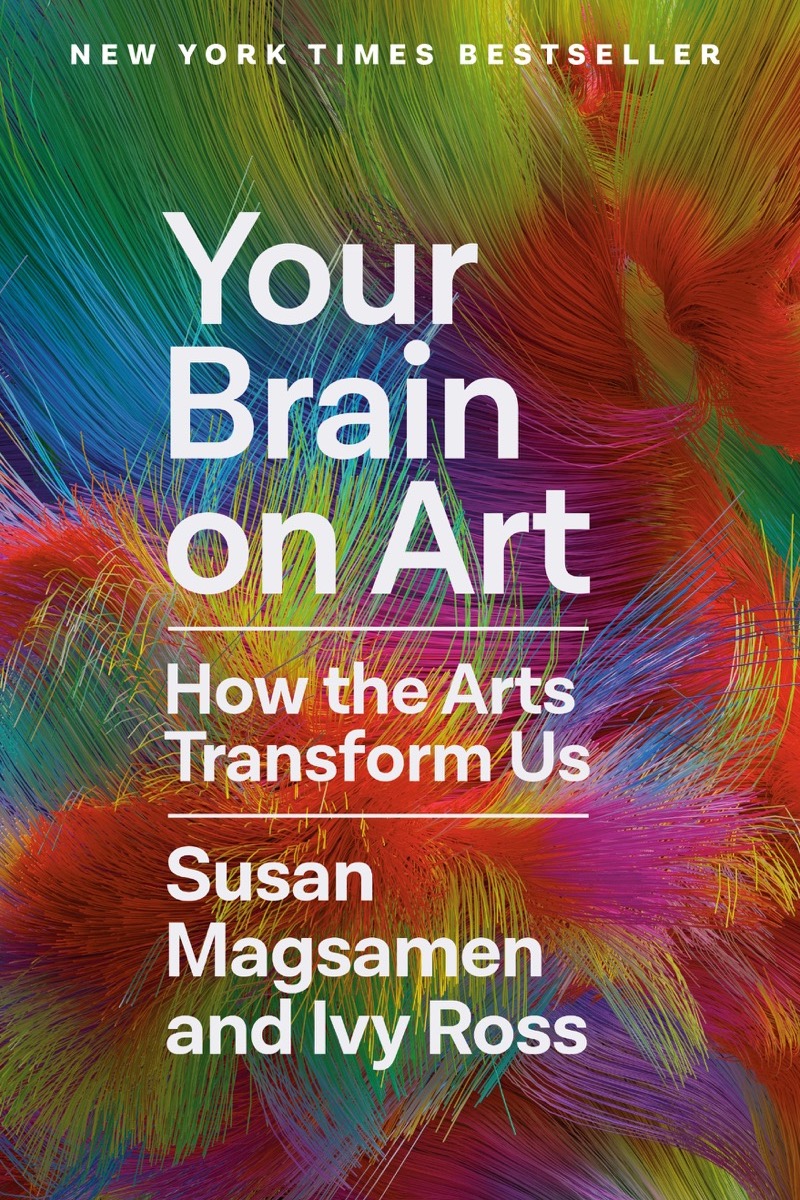
Art is healing.
It may seem an obvious thought to some; an instinct that has lived in our collective gut since childhood, an idea tossed around on day-time talk shows or by an idealistic friend. Something we know, but don’t think about. One of those concepts that is easily lost in the daily grind: the journal bought with good intentions sits on the bed stand, unopened. The adult coloring book purchased on a whim starts to collect dust. The knitting hobby picked up during the pandemic gets shoved to the back of the closet.
For those who do not claim to be artists, the incorporation of the arts as a wellness practice into the everyday does not seem, at first, particularly relevant.
Susan Magsamen and Ivy Ross say otherwise. In their new book, Your Brain on Art: How The Arts Transform Us, the pair explore the intersection of wellness, neuroscience, and the arts, illuminating in accessible terms how we can improve our health, learning, and communities through art. The New York Times bestseller provides a definitive look into the emerging field of neuroaesthetics — the study of the aesthetic experience of art on our brains — and the breakthrough research the field has produced.
“I think it’s really important for Ivy and I to share what is ancient knowledge about the way that the arts and aesthetic experiences really do save us,” said Magsamen. “I feel like we brought together a body of research that I think is really helpful for everybody.”
The authors, thought leaders in their own right, are set to share their research this Wednesday at Campbell Hall, the culminating event of the 18th annual UCSB Reads initiative co-presented by the UCSB Library and UCSB Arts & Lectures.
Magsamen and Ross began their journey to authorship some five years ago when Magsamen, who is the director of the International Arts + Mind Lab in the Center for Applied Neuroaesthetics at Johns Hopkins University, messaged Ross, the vice president of hardware design at Google, on LinkedIn.
“I saw this request from the Arts + Mind lab at Johns Hopkins — my two favorite things arts and the mind — and I was like, ‘what’s that?’ So I said yes and we made a 30-minute call, which turned into a three-hour call,” said Ross.
From that first call, the two found kindred spirits in one another. “I came home and I said to my husband, ‘This is a person who could be a sister,’” said Magsamen, who has a twin sister. “And it turns out that I now say I’m a triplet because we just so hit it off.”
Ross and Magsamen soon met in person at Ross’ Mill Valley home, where together they hosted a salon they describe as a kind of Noah’s Ark of leaders in arts and sciences — inviting pairs of artists and neuroscientists for an in-depth discussion of their intersection. At the conclusion of the afternoon, the book was born.
“Susan looked at me and said, ‘I’ve always wanted to write a book on this. Do you want to do it with me?’ And I said, ‘This is the book I’ve been waiting for,’” Ross said.
What followed was nearly two years of early morning writing sessions, lots of revisions, and 120 interviews conducted with artists like Renée Fleming and David Byrne, scientists like E.O. Wilson (whom they spoke with only one month before his passing), and scores of other thinkers, creators, and changemakers.

“This was a labor of love, because it was really, truly driven by ‘oh my god, the world needs to know this,’” said Ross. “Art is as important as sleep, people don’t know that.”
In collaboration with one another, the pair pulled from their distinct backgrounds — Ross in design and art, Magsamen in academia and science — to weave together a common understanding of art and neuroscience. “Through writing the book we realized how similarly both groups do their work by asking questions, that we’re more similar than different,” said Ross.
The finished product uses story and science to touch on many facets of art and the human experience. From the benefits of creating art for cancer and stroke patients to the healing quality of doodling for trauma survivors, the book makes clear the many ways those who are struggling — and those who are just fine — can prosper from artistic engagement, big and small.
Magsamen points to her grandmother’s prolific knitting hobby as an example of art’s powerful healing properties. “My grandmother literally knit her world back together, she knitted through the death of her daughter, through World Wars, through joys, and sorrows,” she said. “And we now know that knitting is really important for calming the nervous system, for helping you make connections for memory, and for even building social networks.”
The two encourage their readers to divulge in the pleasure of creation — to pick up that adult coloring book once more — but with an emphasis on the little things. Doodling in a meeting, humming along to a favorite song, feeling and appreciating the warmth of a shower, or even observing art at a museum, can have a real effect on our well-being.
“If we don’t put ourselves in front of new situations, we just keep digging the same neural pathways deeper and deeper. It’s so important to make new connections and our brain can constantly make new connections,” said Ross. “So when you expose yourself to standing in front of that sculpture or painting and going, ‘huh,’ even if you don’t understand it, you’re actually activating your brain and your neurobiology to try and figure things out. So it’s an incredibly good exercise.”
Noting the fraught cultural moment, the anxiety surrounding climate change, and the stressors present in daily life, Magsamen points to their work’s relevance in the context of college students’ struggle with stress, a relevant factor in their upcoming lecture at UCSB.
“I’m really excited about coming to Santa Barbara. I love that this is basically a student event. And I love that because I think your age group is incredibly stressed and under so much pressure,” she said. “So I think this is the right time to look at things like self-care through the arts and also solidarity and unity.”
Ivy Ross and Susan Magsamen’s discussion of their book, Your Brain on Art will take place at UCSB Campbell Hall, Wednesday, May 8, at 7:30 p.m. Advance registration for this free event is full, however limited seats may be available for walk-up at the event (first-come, first-served).
Premier Events
Mon, May 27
11:00 AM
Santa Barbara
PCVF Memorial Day Ceremony
Tue, May 21
7:00 PM
Santa Barbara
Revisiting the Classics: “Schmigadoon!”
Thu, May 23
7:00 PM
Carpinteria
The Carpinteria High School Muses Present “The Wizard of Oz” Musical
Fri, May 24
11:00 AM
Santa Barbara
Discussion: Misogyny, Racism & Violence at UCSB: The IV Killings 10 Years Later
Fri, May 24
7:00 PM
Santa Barbara
SBHS Annual Spring Dance Concert 2024
Sat, May 25
3:00 PM
Santa Barbara
Canary Hotel Rooftop: Suns Out Buns out with LeFunk Sounds
Sat, May 25
8:00 PM
Carpinteria
Rich Tell Presents: The Thom Rotella Band
Sun, May 26
11:00 AM
93103, Santa Barbara, CA
Memorial Day Weekender PJ Brunch!
Sun, May 26
12:00 PM
Santa Barbara
Market at Pali Wine Co
Mon, May 27
11:00 AM
Santa Barbara
PCVF Memorial Day Ceremony
Wed, May 29
7:00 PM
Santa Barbara
One Night Only San Marcos H.S. Jazz
Mon, May 27 11:00 AM
Santa Barbara
PCVF Memorial Day Ceremony
Tue, May 21 7:00 PM
Santa Barbara
Revisiting the Classics: “Schmigadoon!”
Thu, May 23 7:00 PM
Carpinteria
The Carpinteria High School Muses Present “The Wizard of Oz” Musical
Fri, May 24 11:00 AM
Santa Barbara
Discussion: Misogyny, Racism & Violence at UCSB: The IV Killings 10 Years Later
Fri, May 24 7:00 PM
Santa Barbara
SBHS Annual Spring Dance Concert 2024
Sat, May 25 3:00 PM
Santa Barbara
Canary Hotel Rooftop: Suns Out Buns out with LeFunk Sounds
Sat, May 25 8:00 PM
Carpinteria
Rich Tell Presents: The Thom Rotella Band
Sun, May 26 11:00 AM
93103, Santa Barbara, CA
Memorial Day Weekender PJ Brunch!
Sun, May 26 12:00 PM
Santa Barbara
Market at Pali Wine Co
Mon, May 27 11:00 AM
Santa Barbara
PCVF Memorial Day Ceremony
Wed, May 29 7:00 PM
Santa Barbara

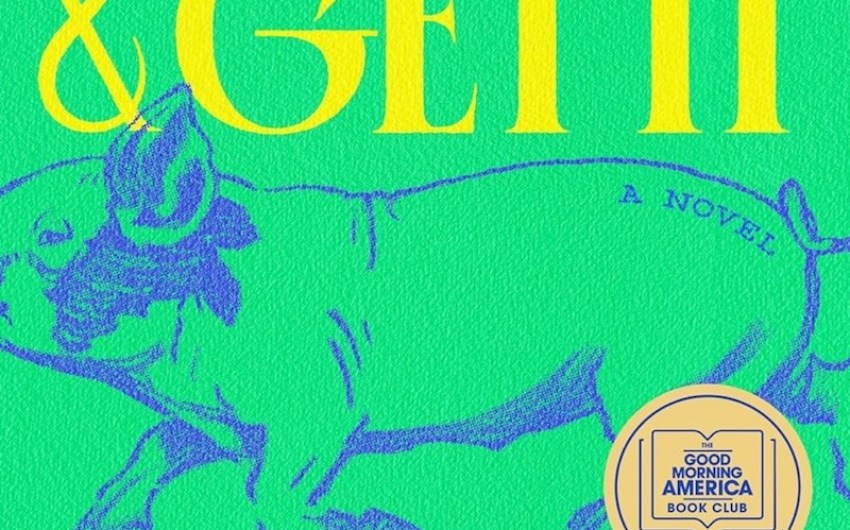
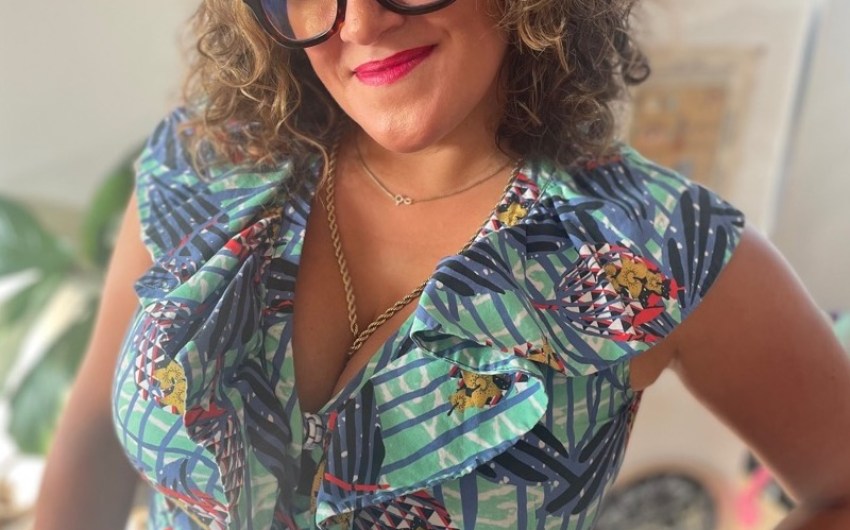
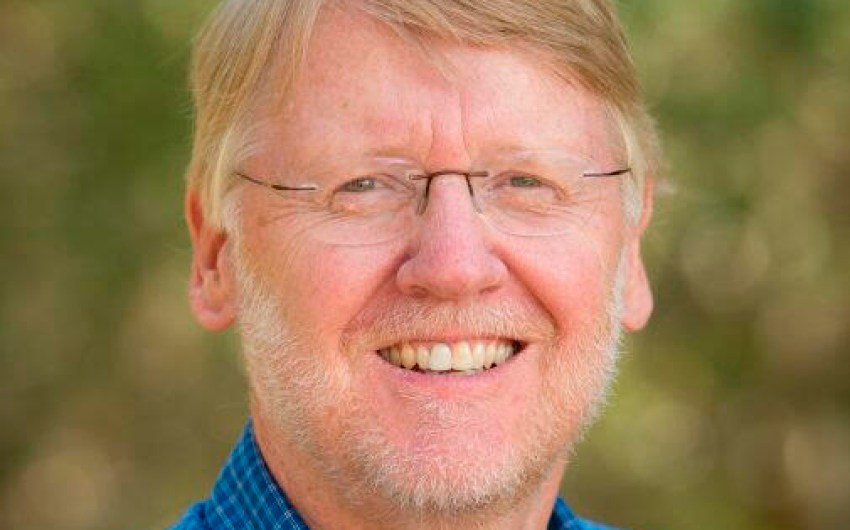
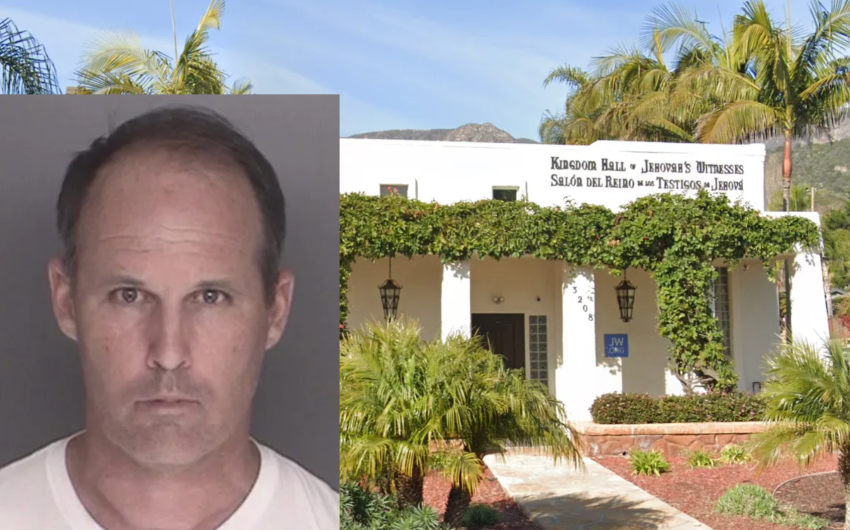
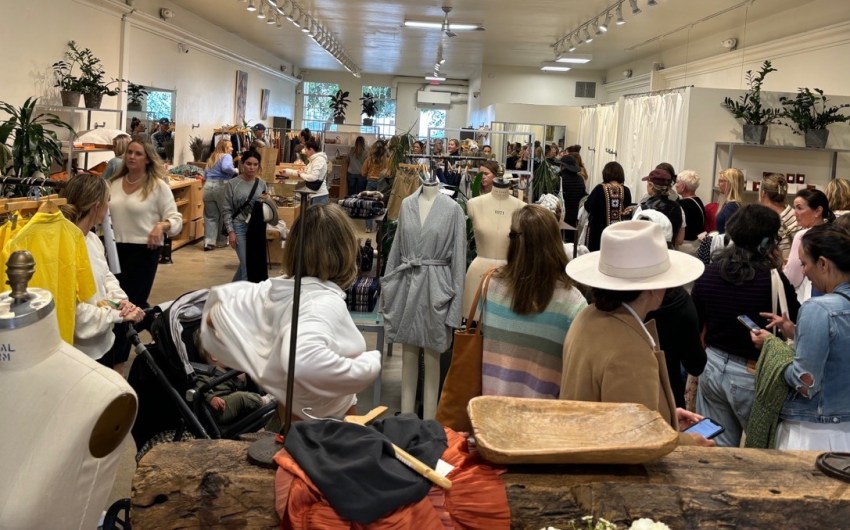
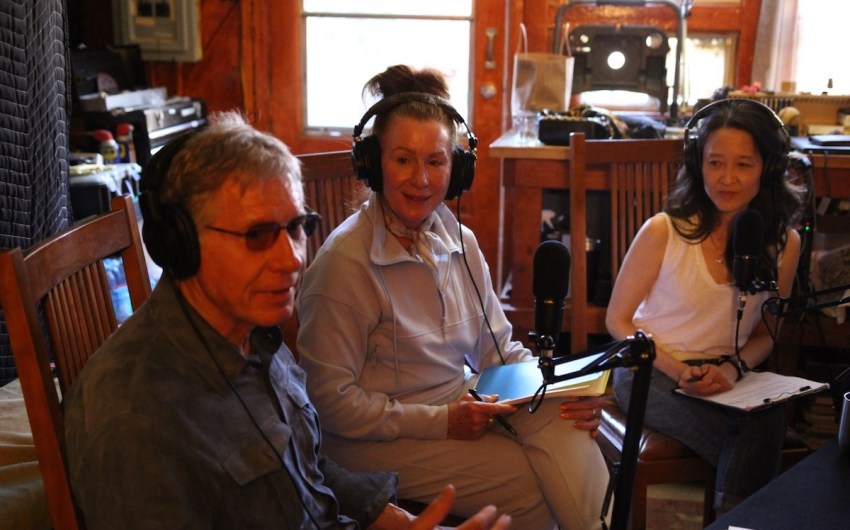
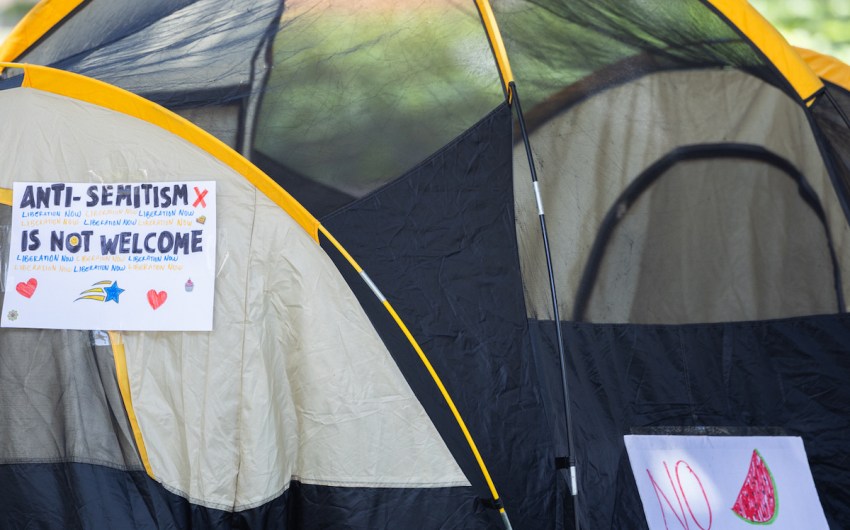
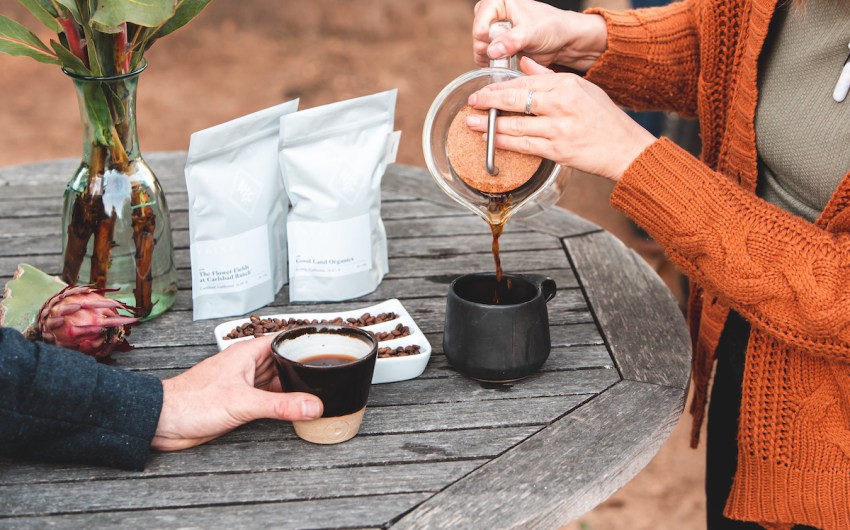
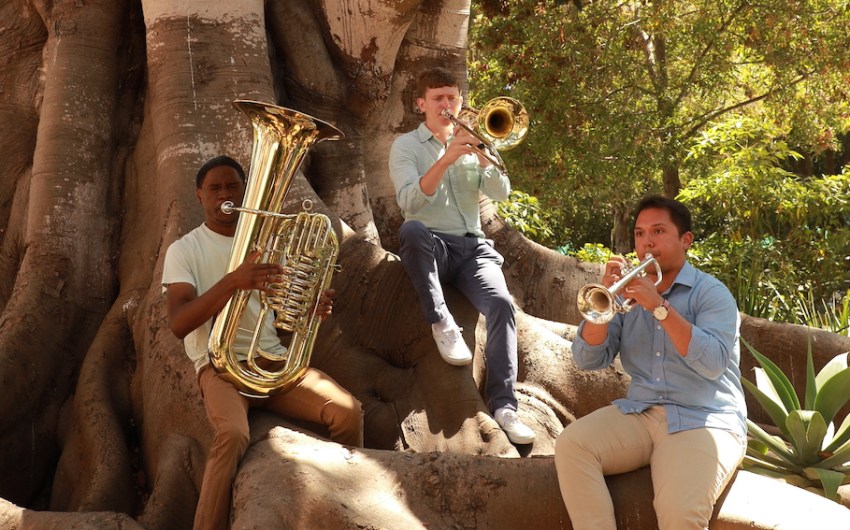


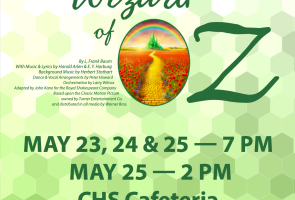
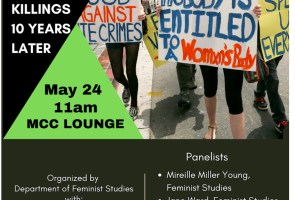
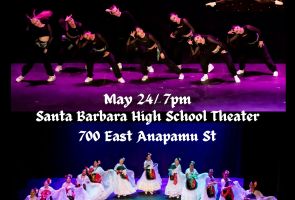
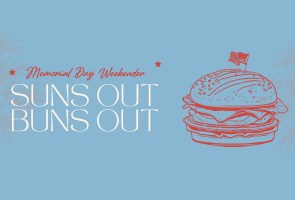

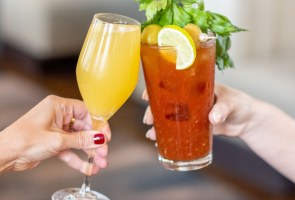
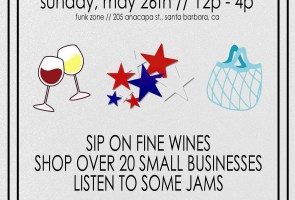
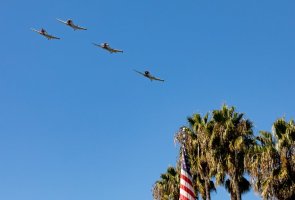
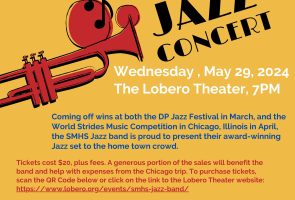
You must be logged in to post a comment.